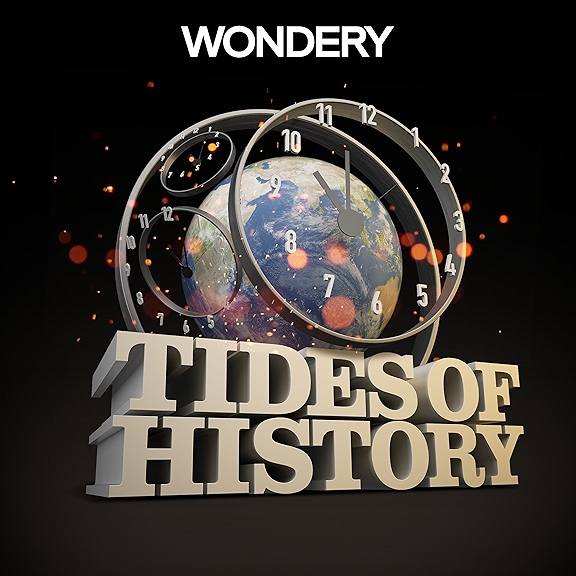
The Julian Calendar is a historical calendar system introduced by Julius Caesar and the Egyptian mathematician Sosigenes in 46 BCE. It was devised as a reform of the Roman calendar, which was based on a solar year but had become out of sync with the seasons due to its inaccuracies.
The Julian Calendar was significant for its introduction of the concept of leap years. In this system, a leap year occurs every four years, with an extra day added to the month of February. This adjustment was made to better synchronize the calendar with the solar year, which is approximately 365.25 days long.
The Julian Calendar had a year length of 365 days divided into 12 months, with varying lengths. However, despite its advancements, the Julian system still had some inaccuracies. While the average length of the Julian year was close to the solar year, it was still slightly longer, leading to a gradual misalignment over time.
This discrepancy became evident over centuries, resulting in the Julian Calendar falling out of sync with the astronomical seasons. By the 16th century, the vernal equinox was occurring around ten days earlier than the date established by the calendar.
To address this issue, the Gregorian Calendar was introduced in 1582 by Pope Gregory XIII. It made further adjustments to the leap year system, skipping leap years in century years unless they were divisible by 400. These changes helped to bring the calendar back into alignment with the solar year more accurately.
Despite the adoption of the Gregorian Calendar by many countries worldwide, some Eastern Orthodox Churches still use the Julian Calendar for calculating religious holidays. Additionally, the Julian Calendar remains of historical significance for its role in the development of modern calendar systems and its impact on the measurement of time. Visit Vibe Calendar to download the Julian calendar.




















